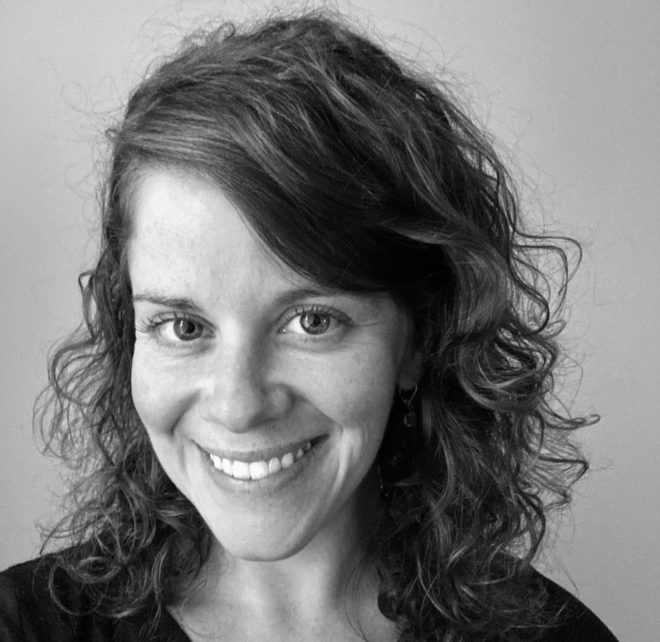Getting Therapy as a Man with Diabetes: “Our pride gets the best of us.”
Thank you to BetterHelp for offering everyone in our community two free weeks of professional online therapy. Learn more at BetterHelp.com/BeyondType1.
By the time Keith Crear III had been diagnosed with type 2 diabetes at age 39, he’d been ignoring the signs and symptoms for decades.
“I was prediabetic in my early teens,” explains Crear, who is a sports photojournalist living in Houston, Texas. “Type 2 diabetes runs in my family, but I never thought about it. I played football and told myself it wouldn’t happen to me.”
Even since childhood, Crear says he’s struggled with his weight and his nutrition for most of his life.
“I was always ‘the fat kid’ in school, but even in my early 20s, it was out of control,” he says, looking back at the earlier years of his career photographing live music events. “I was living the nightlife back then, working from 8 a.m. until 3 a.m. I’d get fast food at 3 a.m. on my way home.”
Crear realized his weight had gradually increased to 425 pounds.
“I still remember 10 years, the moment it hit me,” says Crear. “I was done working, went to Whataburger to get a triple meat burger, a large fries and a large soda. I ate all of it before I’d even gotten home. That’s when I realized what I was doing to myself.”
While he started making some changes in his diet—cutting back on greasy foods—Crear still had no idea that his blood sugar levels were dangerously high.
Getting a diagnosis and taking action
“In 2017, I passed out while working from heat exhaustion and dehydration,” recalls Crear. “They tested my blood sugar at the ER and it was 298 mg/dL. They told me I had type 2 diabetes, and I said, ‘No no no, I’m just prediabetic.’ They said, ‘You’re way past prediabetic.’”
Motivated by his diagnosis, Crear started taking metformin and committed to making more changes in his diet, exercise habits and overall lifestyle.
“I went home and threw away everything in my pantry,” says Crear. “My wife was pissed! I said, ‘We’re not eating that anymore!’ I did a 60-day reset, only eating truly whole foods like oats, eggs, spinach, etc.”
The motivation to make such big changes felt like a switch that suddenly got flipped.
“You just have to have that determination—it really is a mental thing,” says Crear. “Like, I was dipping broccoli in barbeque sauce instead of ribs. The sauce is a big thing for me. I put tomato sauce on veggies instead of pasta or pizza. To get that flavor of the sauce, that satisfies the craving.”
When he’s craving something sweet, Crear started turning to chocolate-covered nuts as an occasional treat to keep himself from feeling too deprived.
“Sometimes I can go two weeks without chocolate. Sometimes I have small amounts every day.”
Overall, Crear says he avoided fad diets and instead just kept his focus on making healthier changes and finding healthier alternatives for the food he loves.
“I’m down to 279 pounds today! One of the biggest things I have to realize: it’s gonna take time. You can see people losing weight fast on social media, but that doesn’t mean that fast is right for you. You had a whole lifetime of gaining this weight—it’s not gonna come off at the drop of a dime. Once I put in the work, it happened. I worked at it for 10 years.”
Diabetes burnout: “I lost my ambition.”
By the end of 2021, the combination of COVID-19, the holidays and the daily demands of managing diabetes had become an overwhelming source of stress, depression and burnout for Crear.
“I lost friends to Covid-19, I lost work, the effect on my finances was stressful, and then the holidays when you’re trying to block out all of the sugary goodness everywhere. After 10 years of pricking my finger, being so disciplined with my food and thinking about what to eat every single day, I just shut down,” he explains.
By the start of 2022, Crear says he had nearly given up.
“My mind just kind of shut down and went on auto-pilot,” he recalls. “Wake up, get my baby boy to daycare, go to work, pick up my baby boy from daycare, go home, sit on the couch and watch T.V. I wasn’t exercising and I was eating all the junk foods.”
For the next four months, Crear also stopped checking his blood sugar.
“I didn’t want to see the number on that meter because I knew it wasn’t going to be good,” he says. While his wife had noticed his diabetes management had changed, he assured her everything was fine and dismissed her concerns.
“Pride gets the best of us,” says Crear looking back on his reluctance to acknowledge that he was struggling. It wasn’t until his son spoke up that Crear realized how much he needed help.
“I was with my son during spring break,” says Crear, “and he says to me, ‘Daddy, what’s wrong? You’re sad.’ That’s when I knew it was time, I need to talk to somebody.”
Getting help: scheduling with a therapist
Crear reached out to a therapist he had worked with before.
“I told him everything that was going on, how I was feeling, and he said, ‘You sound like you’re depressed, you gotta figure out what’s holding you down and get back on track to taking care of yourself.’”
Crear started seeing his therapist on a weekly basis until shifting to once-a-month sessions.
“I was in a cloud of depression and he helped guide me out of that slowly,” explains Crear. “We talked about changes I was gonna make in my diet, checking my blood sugar, looking at my progress.”
Crear has come a long way in a short period of time, feeling gradually better about his own self-care and life in general.
“For me, I appreciate having that sounding board, knowing he’s there for me to talk to when I need to talk. I’m not 100 percent better, and I still have rough days—but I make sure that I don’t stay there,” says Crear. “I feel more hopeful, more on track and have more ambition to take care of myself.”
Mental health tends to be a generalized term. There are many kinds of mental health challenges and concerns. Needs can range in severity. If working with a professional will help to address your mental health needs, please seek out support.
Check out these resources on how to find mental health support:
- Mental Health Guide for Men + Boys with T1D
- Just Diagnosed with Diabetes? Why and How to Find Mental Health Support
- The T1D Guide for Mental Health Providers
- How Diabetes Impacts Your Mental Health
This content was made possible in part with support from BetterHelp. Beyond Type 1 maintains full editorial control of all content published on our platforms.





